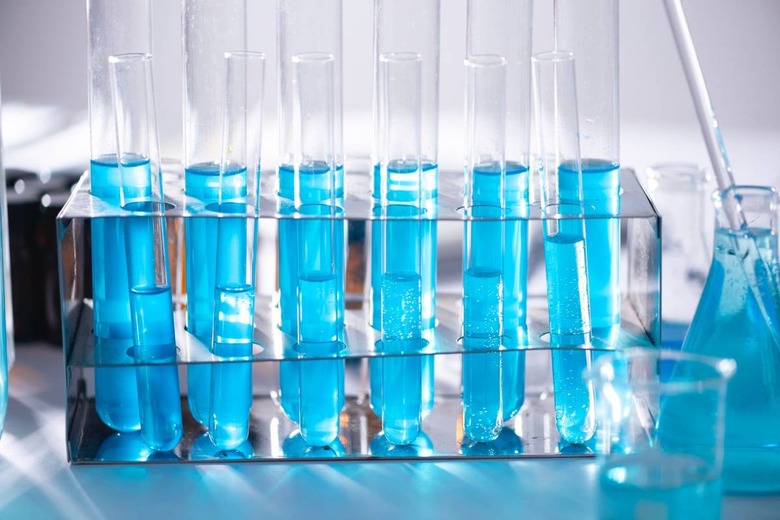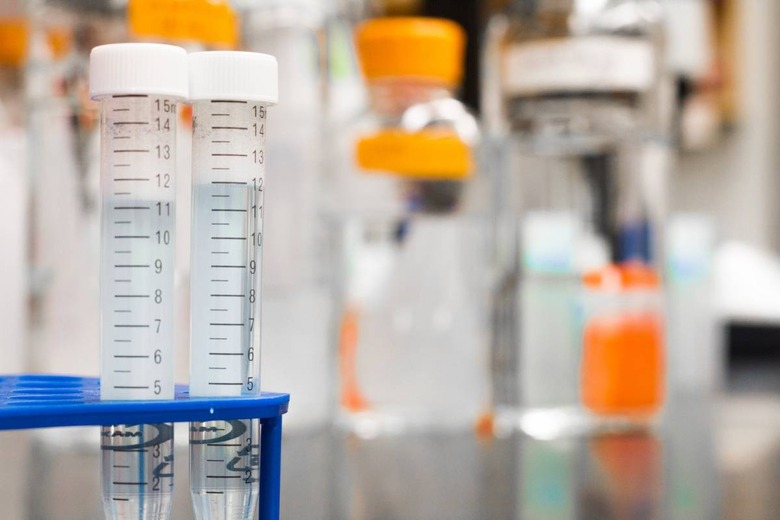CDC Drops Bombshell On COVID-19 Immunity After Infection Assumption
People recovering from COVID-19 should not assume they automatically have three months of immunity from reinfection, the CDC has warned, after misleading reports suggested those recovering from coronavirus would be naturally resistant to catching it again. The caution follows misinterpreted guidance by the US Centers for Disease Control and Prevention about when COVID-19 retesting should be carried out.
Trying to figure out whether people can re-catch coronavirus after they've been infected and recovered is a key area of focus both for scientists and policy-makers. After all, if there's a period where those who have had COVID-19 are immune from the virus, knowing about it – and how long it might last – could be instrumental in safely returning people to work, school, and general public life.
An update earlier this month to the CDC's isolation guidance seemed to imply, to some readers, that an answer had been settled on. The health agency suggested that people who had shown initial infection could continue to test positive for up to three months following that first diagnosis, but not in fact be infectious to others. That led, the CDC says, to assumptions about immunity.

Assumptions, it's making clear, which are not backed up by actual science. In fact, the CDC said in a statement, "this science does not imply a person is immune to reinfection with SARS-CoV-2, the virus that causes COVID-19, in the 3 months following infection. The latest data simply suggests that retesting someone in the 3 months following initial infection is not necessary unless that person is exhibiting the symptoms of COVID-19 and the symptoms cannot be associated with another illness."
The reality is that we still don't know if immunity is automatically inferred after a coronavirus recovery. "There are no confirmed reports to date of a person being reinfected with COVID-19 within 3 months of initial infection," the CDC highlights. If people are immune, it's unclear whether that might be permanent, strain-dependent, or temporary. If the latter, it's similarly uncertain as to just how long that temporary immunity could last.

"There have been more than 15 international and U.S.-based studies recently published looking at length of infection, duration of viral shed, asymptomatic spread and risk of spread among various patient groups," the CDC explains. "Researchers have found that the amount of live virus in the nose and throat drops significantly soon after COVID-19 symptoms develop. Additionally, the duration of infectiousness in most people with COVID-19 is no longer than 10 days after symptoms begin and no longer than 20 days in people with severe illness or those who are severely immunocompromised."
Back in May, the CDC raised red flags about assumptions of immunity even after serological testing for coronavirus antibodies. False-positives, the agency warned, were likely "in most of the country" even including "areas that have been heavily impacted" by COVID-19, because accuracy depends on larger numbers of infections in a population.
For the moment, the official CDC isolation guidance still stands. Those who have COVID-19 should be isolated for "at least 10 days" following their symptoms beginning, the agency advises, and for 24 hours after their fever clears without the use of medications that reduce fever. Meanwhile, new research indicates this is the order of symptom onset that's particularly distinct to coronavirus, helping differentiate it from other infections like flu and SARS.
